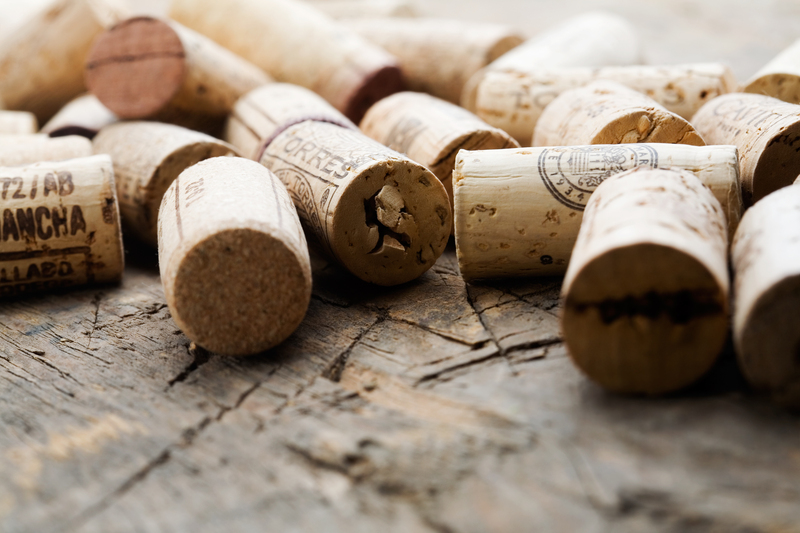Efficient Techniques for Biodegradable Waste
Dealing with biodegradable waste efficiently is crucial for sustainable living and environmental health. Biodegradable waste, which includes food scraps, garden waste, and other organic materials, can be turned into valuable resources through proper management techniques. This article will explore various methods to manage biodegradable waste efficiently.
Understanding Biodegradable Waste
Biodegradable waste is composed of organic materials that can break down naturally through the action of microorganisms. The major sources of this waste include:
- Food Waste: Kitchen scraps, leftovers, spoiled food.
- Yard Waste: Grass clippings, leaves, garden trimmings.
- Agricultural Waste: Crop residues, manure.
- Paper Waste: Newspapers, cardboard, office papers.
Proper disposal and management of biodegradable waste can significantly reduce landfill burden, curb greenhouse gas emissions, and provide valuable by-products like compost and biogas.

Composting
Composting is one of the most effective techniques for managing biodegradable waste. This process involves the aerobic decomposition of organic matter by microorganisms, resulting in a nutrient-rich soil amendment.
Steps to Composting:
1. Selection of Site: Choose a well-drained, shaded area.
2. Material Breakdown: Combine green materials (rich in nitrogen) like kitchen scraps and grass clippings with brown materials (rich in carbon) like dried leaves and paper.
3. Layering: Alternate layers of green and brown materials.
4. Moisture Maintenance: Ensure the pile is moist but not waterlogged.
5. Turning: Regularly turn the pile to ensure oxygenation.
6. Time: Wait for several weeks to months for the compost to mature.
Benefits:
- Reduces landfill waste.
- Produces natural fertilizer.
- Enhances soil health and reduces the need for chemical fertilizers.
Vermiculture
Vermiculture, or vermicomposting, leverages earthworms to accelerate the decomposition of organic waste. Red worms (Eisenia fetida) are typically used due to their high reproduction rate and efficiency in breaking down organic materials.
Process:
1. Bin Selection: Use a worm bin with drainage holes.
2. Bedding: Prepare bedding using shredded newspaper, cardboard, and coconut coir.
3. Worms Introduction: Add worms to the bin.
4. Feeding: Feed the worms small amounts of kitchen scraps.
5. Harvesting: Collect worm castings (vermicompost) after several weeks.
Benefits:
- Produces high-quality compost.
- Minimal odor and easy to manage indoors.
- Helps in waste reduction.

Anaerobic Digestion
Anaerobic digestion is a process where microorganisms break down biodegradable waste in an oxygen-free environment, resulting in biogas (methane and carbon dioxide) and digestate (a nutrient-rich residue).
Steps:
1. Feedstock Collection: Gather organic waste.
2. Digester Loading: Load the waste into an anaerobic digester.
3. Microbial Action: Microorganisms break down the waste.
4. Biogas Collection: Capture the biogas produced.
5. Digestate Removal: Extract the leftover digestate for use as fertilizer.
Benefits:
- Produces renewable energy (biogas).
- Reduces greenhouse gas emissions.
- Provides nutrient-rich fertilizer.
Biochar Production
Biochar is produced by pyrolysis, a process that heats organic material in the absence of oxygen. This technique can convert biodegradable waste into a stable form of carbon that can be used to enhance soil fertility.
Methods:
1. Feedstock Preparation: Choose organic waste material.
2. Pyrolysis: Heat the material in a pyrolysis unit (kiln or reactor).
3. Cooling and Grinding: Cool and grind the resulting biochar.
4. Application: Apply biochar to soil.
Benefits:
- Sequesters carbon and improves soil health.
- Reduces methane emissions from soil.
- Enhances soil water retention and nutrient availability.
Bokashi Composting
Bokashi composting is an anaerobic fermentation process using a specific group of microorganisms known as EM (Effective Microorganisms). This method is particularly efficient for kitchen waste and can handle meat and dairy products, unlike traditional composting.
Process:
1. Bokashi Bin: Obtain a bokashi composting bin with a tight lid.
2. EM Inoculant: Add EM-activated bran to the bin.
3. Layering Waste: Layer kitchen scraps and sprinkle with EM bran.
4. Sealing: Ensure the bin is sealed to maintain an anaerobic environment.
5. Fermentation: Allow the waste to ferment for 2-4 weeks.
6. Soil Incorporation: Bury the fermented waste in soil for further decomposition.
Benefits:
- Rapid process (weeks compared to months).
- Minimizes odor and pest attraction.
- Enhances soil microbial activity.
Integrated Waste Management Systems
Adopting an integrated waste management system that combines multiple techniques can optimize the processing of biodegradable waste. By using a combination of composting, anaerobic digestion, and biochar production, communities can achieve higher efficiency and sustainability.
Advantages:
- Flexibility: Different types of waste can be managed more effectively.
- Resource Optimization: Maximizes the recovery of energy and nutrients.
- Environmental Impact: Reduces landfill use and greenhouse gas emissions.
Conclusion
Efficient management of biodegradable waste is essential for environmental sustainability and resource conservation. Techniques like composting, vermiculture, anaerobic digestion, biochar production, and bokashi composting offer diverse ways to convert organic waste into valuable products. By implementing these methods, we can reduce landfill pressure, mitigate climate change, and improve soil health. Embracing an integrated approach can further enhance the efficiency of biodegradable waste management, fostering a more sustainable future.
